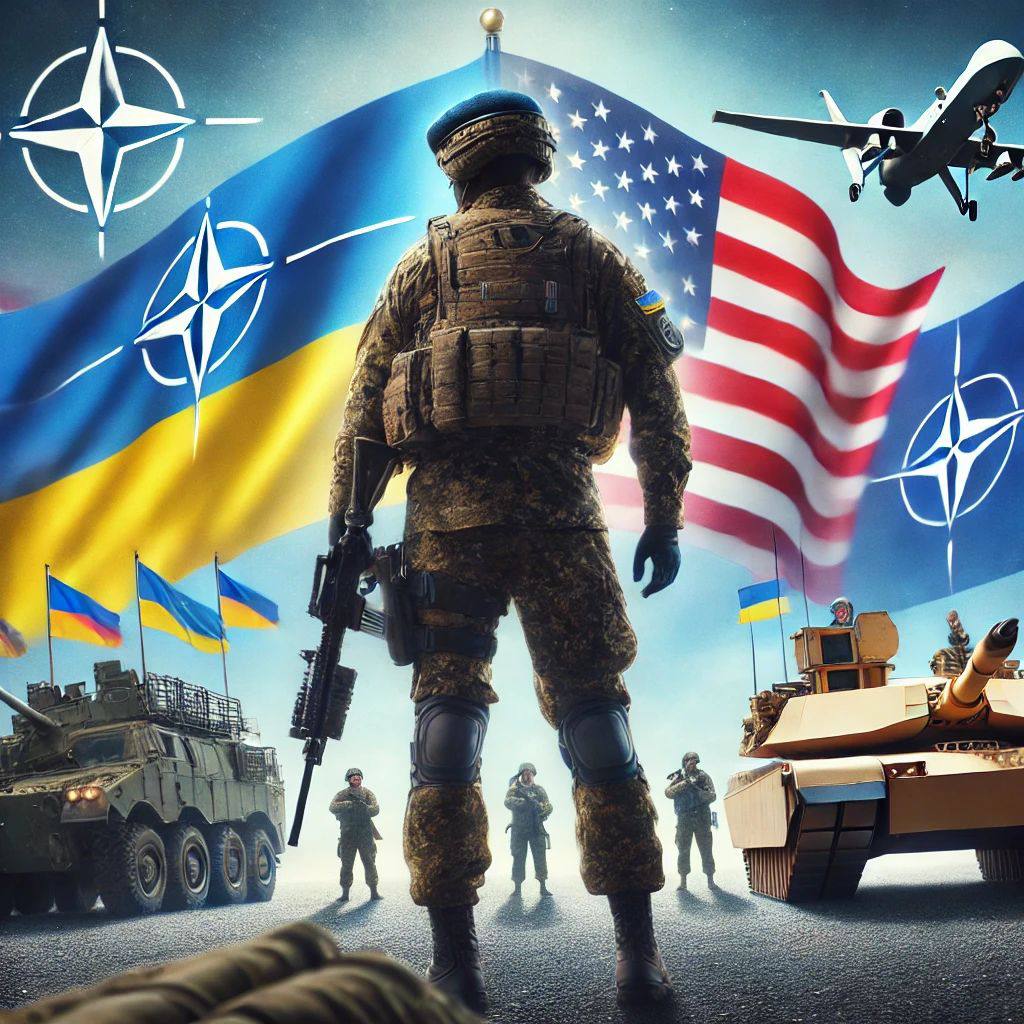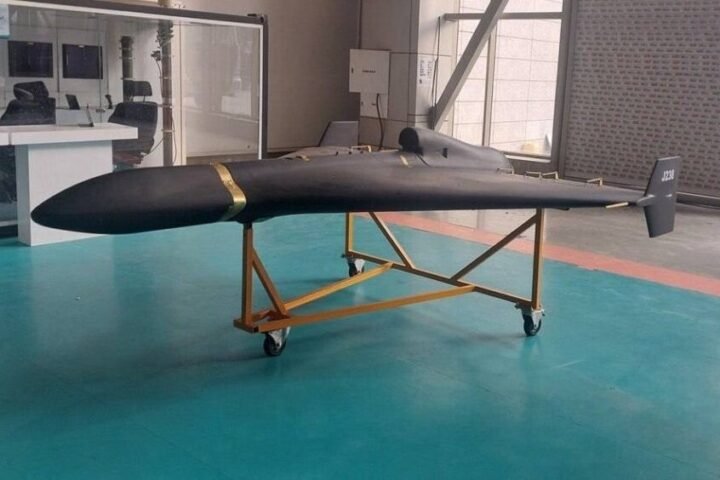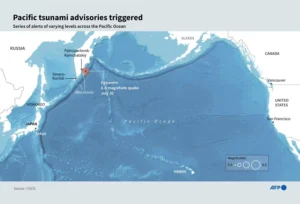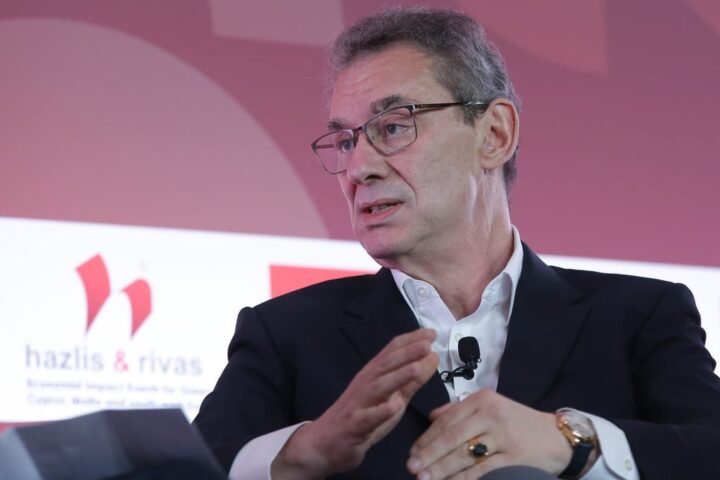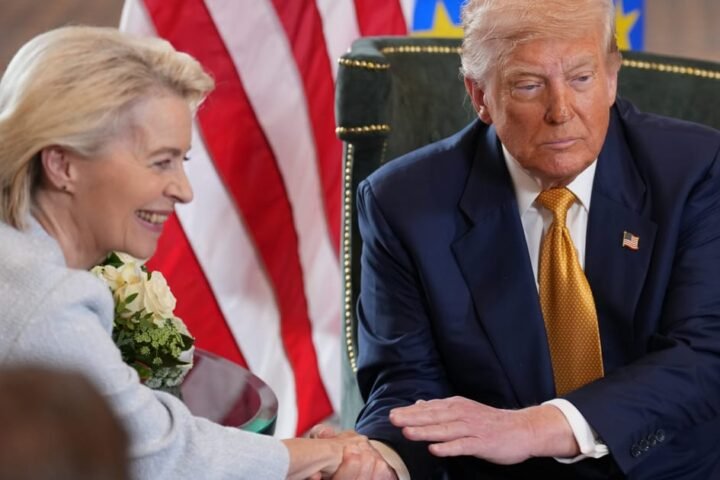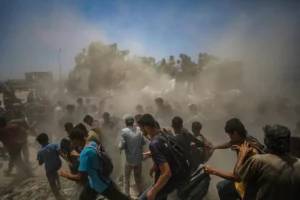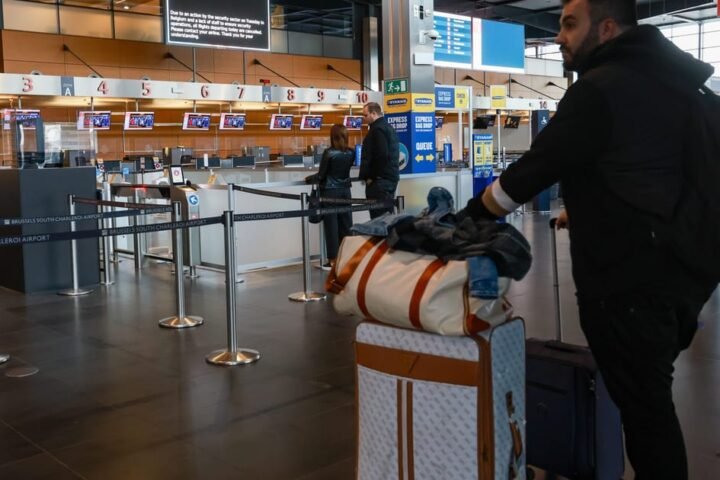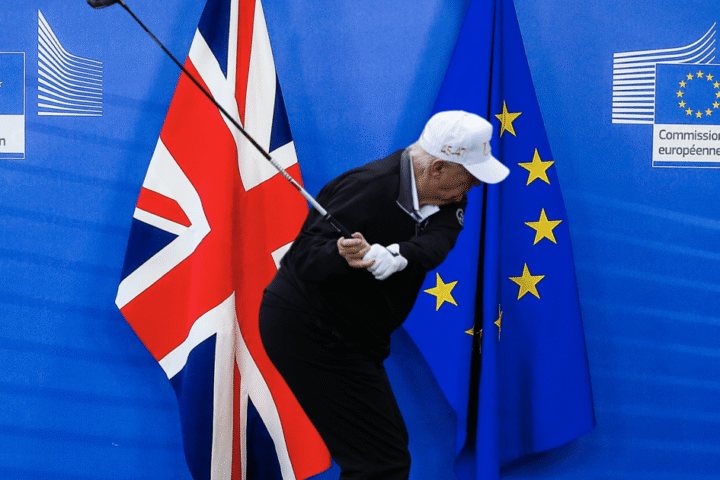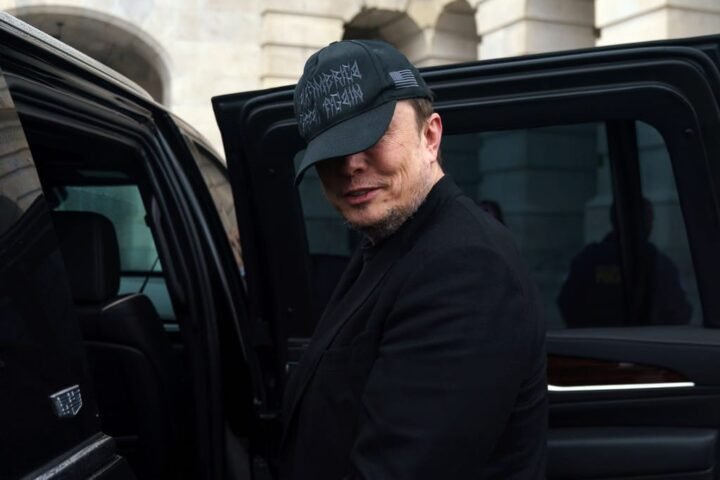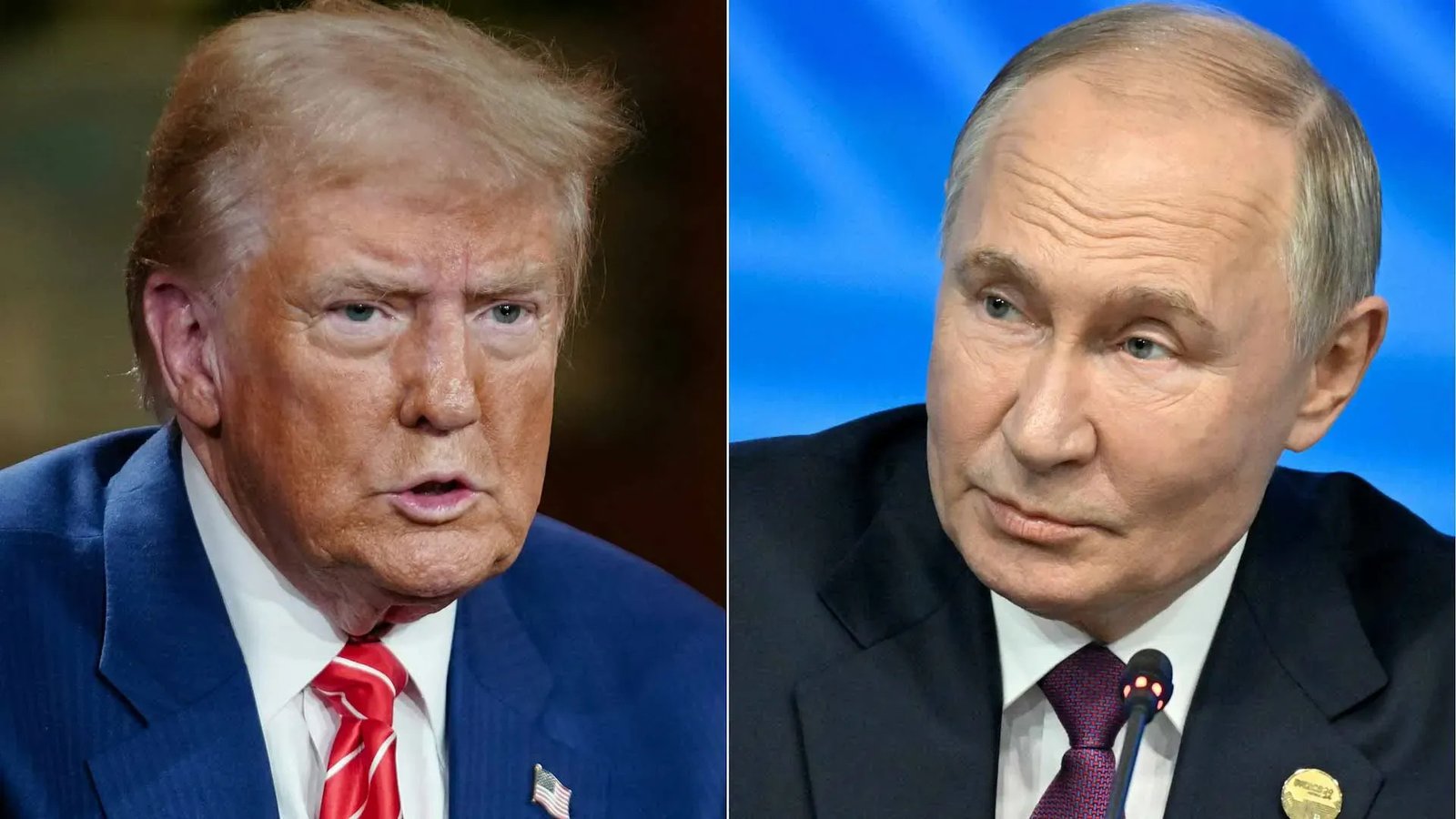Brussels / Washington / Kyiv – Despite internal political developments in some countries, Western support for Ukraine remains unchanged. The United States, the European Union, and their allies continue to supply weapons, provide financial assistance, and impose sanctions on Russia, weakening its ability to wage war. The format of assistance is evolving, but its strategic goal remains the same: strengthening Ukraine’s defense as a key shield for Europe.
Ukraine – a bastion protecting Europe
Investments in Ukraine’s defense have already proven effective. Kyiv has not only stopped the advance of the Russian army but has also significantly weakened the Kremlin’s war machine. Thanks to Western weapons and technological support, Ukrainian forces have destroyed thousands of Russian military assets, including command centers and logistics hubs, reducing the threat to NATO countries.
The leaders of the Baltic states, Poland, Scandinavia, and the Netherlands emphasize that if Russia is not stopped in Ukraine, they could be the next targets. That is why these nations are ready to act swiftly, providing further military aid to the Ukrainian Armed Forces.
Western military support: decisions made, new deliveries on the way
Despite temporary delays due to bureaucratic procedures, European and American partners continue to supply weapons and ammunition. The 27 EU member states have agreed on further funding for Ukraine’s defense, and EU foreign ministers have approved the 16th package of sanctions against Russia, aimed at undermining its economy and military industry.
France and Germany are not only supporting arms deliveries but are also actively involved in joint production with Ukraine. Kyiv is increasing the production of drones, artillery shells, and armored vehicles, reducing its dependence on external supplies and making its army even more combat-ready.
Security guarantees and peacekeeping mission
During his visit to Washington, French President Emmanuel Macron stated that Europe is ready to strengthen its defense commitments and build lasting peace in Ukraine. France, Germany, the United Kingdom, and other countries are discussing the possibility of deploying a peacekeeping contingent, which would serve as an additional deterrent against Russian aggression.
Additional measures to strengthen Ukraine’s defense will be discussed at an upcoming emergency EU summit. The main issue will be how to accelerate and expand arms deliveries to ensure Ukraine’s Armed Forces have everything necessary for victory.
The cost of hesitation is higher than the cost of aid
Experts agree that supporting Ukraine is far cheaper for the West than a potential direct military conflict with Russia in the future. Russian aggression has already escalated into the largest war in Europe since World War II. If Moscow is not stopped now, the cost of the consequences will be immeasurably higher.
Ukraine is fighting not only for its independence but also for the stability of all of Europe. That is why the West is making a strategic choice—to continue supporting Kyiv and, in doing so, strengthen its own security in the long run.
